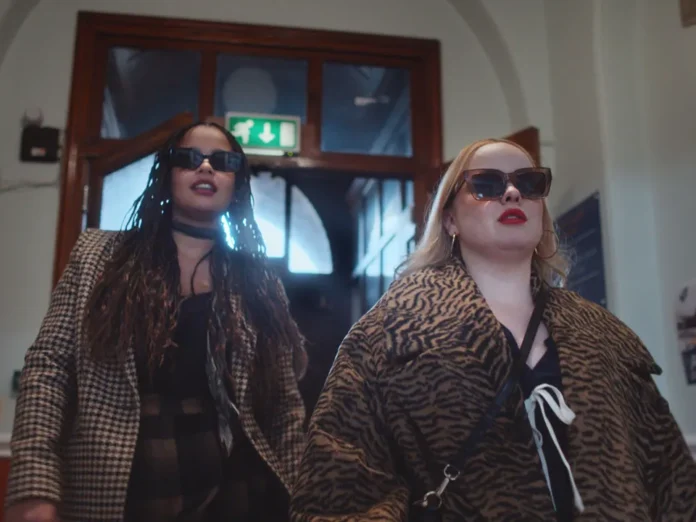Hey there! Today, I’m excited to dive into the world of “Big Mood,” a show starring the talented Nicola Coughlan and Lydia West. This blog post will explore how the series uses comedy to tackle important topics like mental health and female friendships. Let’s take a closer look!
First and foremost, “Big Mood” embraces the power of comedy as a means of storytelling. By infusing humor into its narrative, the show manages to address sensitive subjects in a relatable and accessible way. Comedy has a unique ability to bring light to the often-overlooked or taboo aspects of mental health, allowing audiences to connect with the characters on a deeper level.
One of the standout elements of “Big Mood” is the portrayal of female friendships. The show emphasizes the importance and complexities of these relationships, highlighting the support, humor, and camaraderie that exist among women. Through the interactions of the characters, we see how friendships can provide a safe space for open conversations about mental health, and how they can play a crucial role in one’s well-being.
The performances by Nicola Coughlan and Lydia West are nothing short of exceptional. Their chemistry and comedic timing bring the characters to life, making us laugh and feel for them simultaneously. Their ability to balance the humor with authenticity allows us to see ourselves and our own experiences reflected on screen.
Another aspect that makes “Big Mood” truly remarkable is its relatability. The show tackles common struggles with mental health, such as anxiety, depression, and self-doubt, in a way that feels genuine and understanding. By using comedy as a vehicle, it manages to convey these themes without resorting to heavy-handedness or sentimentality.
Furthermore, “Big Mood” doesn’t shy away from showing the messy and imperfect nature of mental health. It acknowledges that there are good days and bad days, and that progress is not always linear. This realistic approach helps break down stigmas and encourages viewers to embrace their own Big Moods with kindness and self-acceptance.
In conclusion, “Big Mood” is a refreshing and much-needed addition to the conversation around mental health and female friendships. By using comedy as its tool, it manages to make these topics not only approachable but also enjoyable. So, if you’re looking for a show that will make you laugh, think, and feel seen, look no further than “Big Mood” starring Nicola Coughlan and Lydia West. It’s a celebration of the power of humor, friendship, and the big moods we all experience.
Thanks for joining me on this exploration, and I can’t wait to hear your thoughts on the show!
Best regards,
